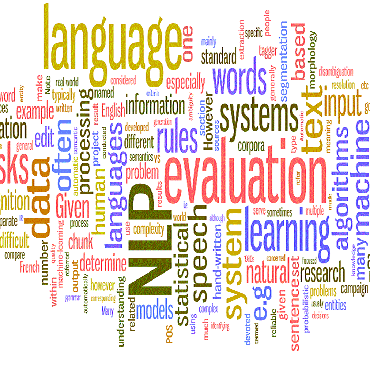Prior work has revealed that positive words occur more frequently than negative words in human expressions, which is typically attributed to positivity bias, a tendency for people to report positive views of reality. But what about the language used in negative reviews? Consistent with prior work, we show that English negative reviews tend to contain more positive words than negative words, using a variety of datasets. We reconcile this observation with prior findings on the pragmatics of negation, and show that negations are commonly associated with positive words in negative reviews. Furthermore, in negative reviews, the majority of sentences with positive words express negative opinions based on sentiment classifiers, indicating some form of negation.
翻译:先前的工作表明,在人文表达中,正面的词句比负面的词句更经常出现,而负面的词句通常归结于积极偏向,即人们报告对现实的积极看法的倾向。但是,负面评论中使用的语言又如何?与以前的工作一致,我们用各种数据集表明,英文负面评论往往包含比负面词句更积极的词句,我们用不同的数据集将这一看法与以前关于否定的务实观点的调查结果相协调,并表明否定通常与否定评论中的正面词句相联系。此外,在否定评论中,大多数带有正面词句的句子都以情绪分类者为根据表达负面意见的正面词句,表明某种形式的否定。




